Camp Lejeune Contamination – Health Impacts Not Fully Understood
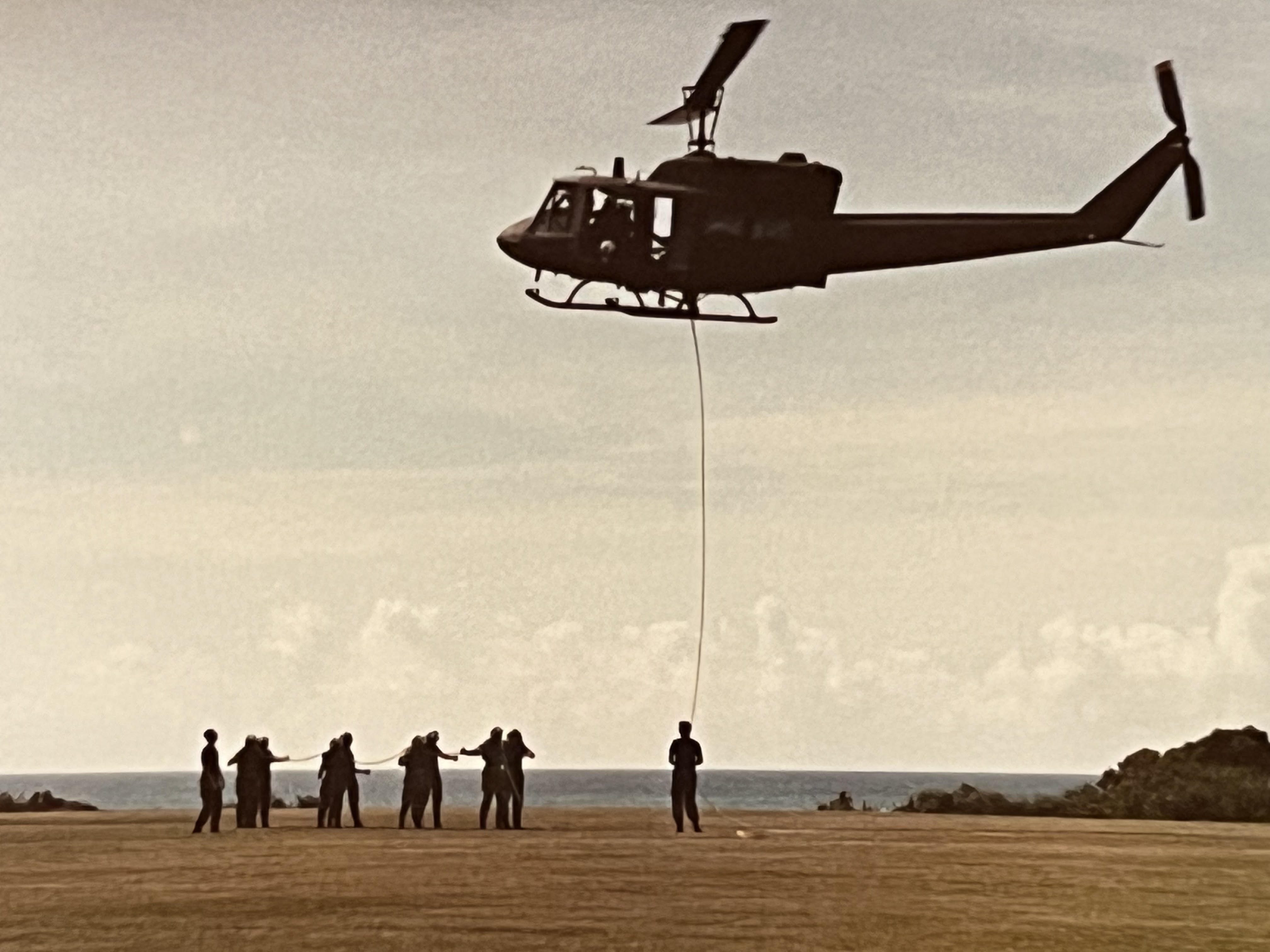
By Scott Simonton In 1997 I ended up in the ER, and then admitted to the hospital, after I developed some significant pain in my feet and ankles along with a graying of the skin there. Over the next several days, the pain got worse, spread to my knees, and I was tested for everything […]
We've Come A Long Way, But . . .
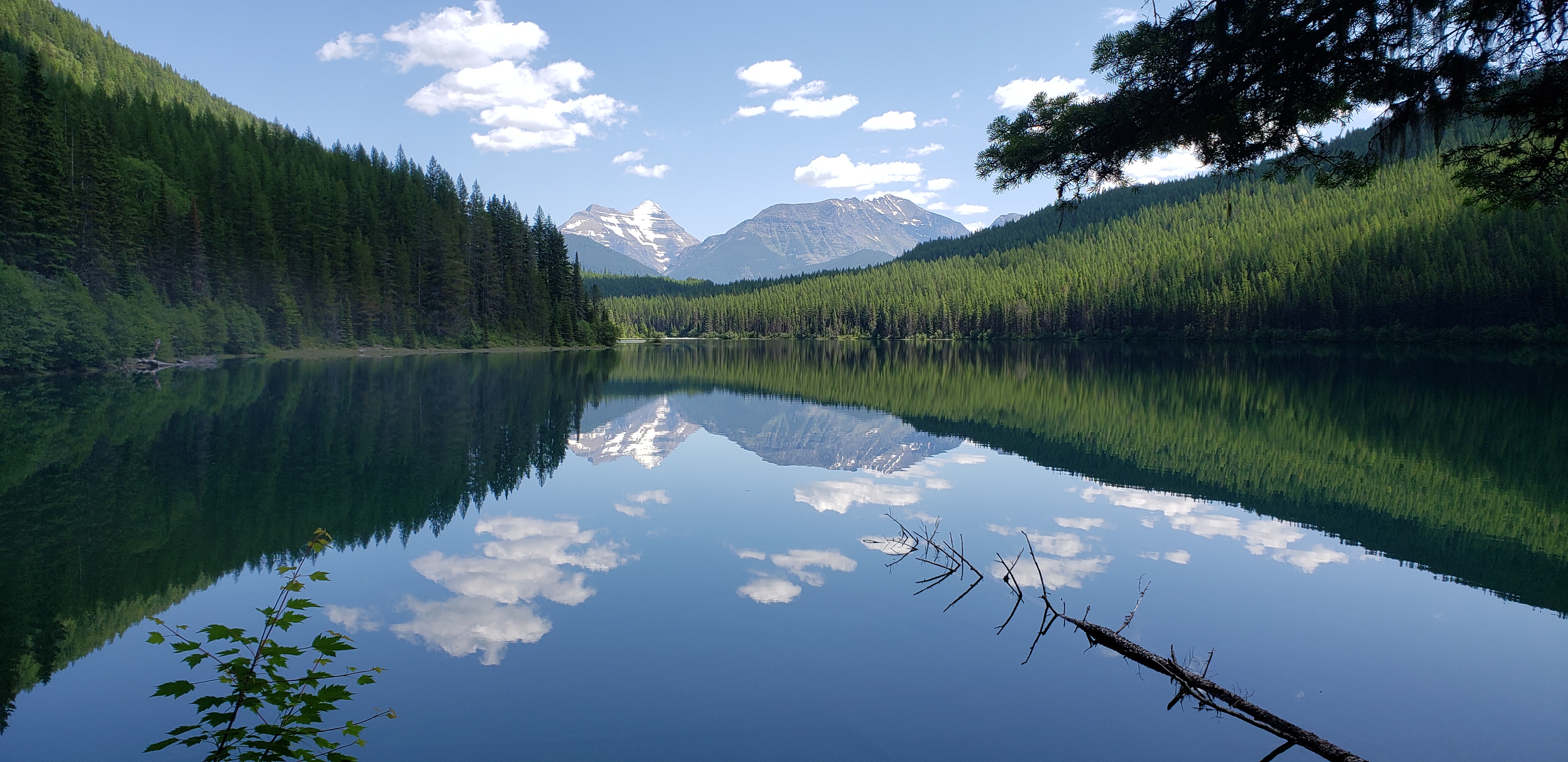
By Scott Simonton, PE, PhD My great-grandfather was a farmer in WV, on land near the Big Sandy River and the Kentucky border. The details of the story that’s in my mind – I think from my grandmother and from his death certificate – was that one day during the winter of 1923/1924, he travelled […]
Tougher than you think! – Maintaining a Quality Water Supply
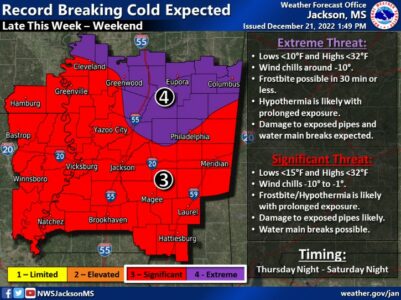
Polar Vortexes, Bomb Cyclones, Atmospheric Rivers….all examples of some recent crazy weather patterns that have caused undue stress on Drinking Water processes throughout the continent. Most recently the folks in Jackson Mississippi have once again had to “go without” as their stressed treatment systems froze up in the extreme cold front just before Christmas last […]
Clean Drinking Water is a Human Right

Clean drinking #water is a human right because humans with human rights can’t live without drinking water. That this even needs to be explained in a public policy sense is a measure of nothing good — @CharlesPPierce #ColoradoRiver #COriver
Water Reuse and Sustainable Operations in Appalachia
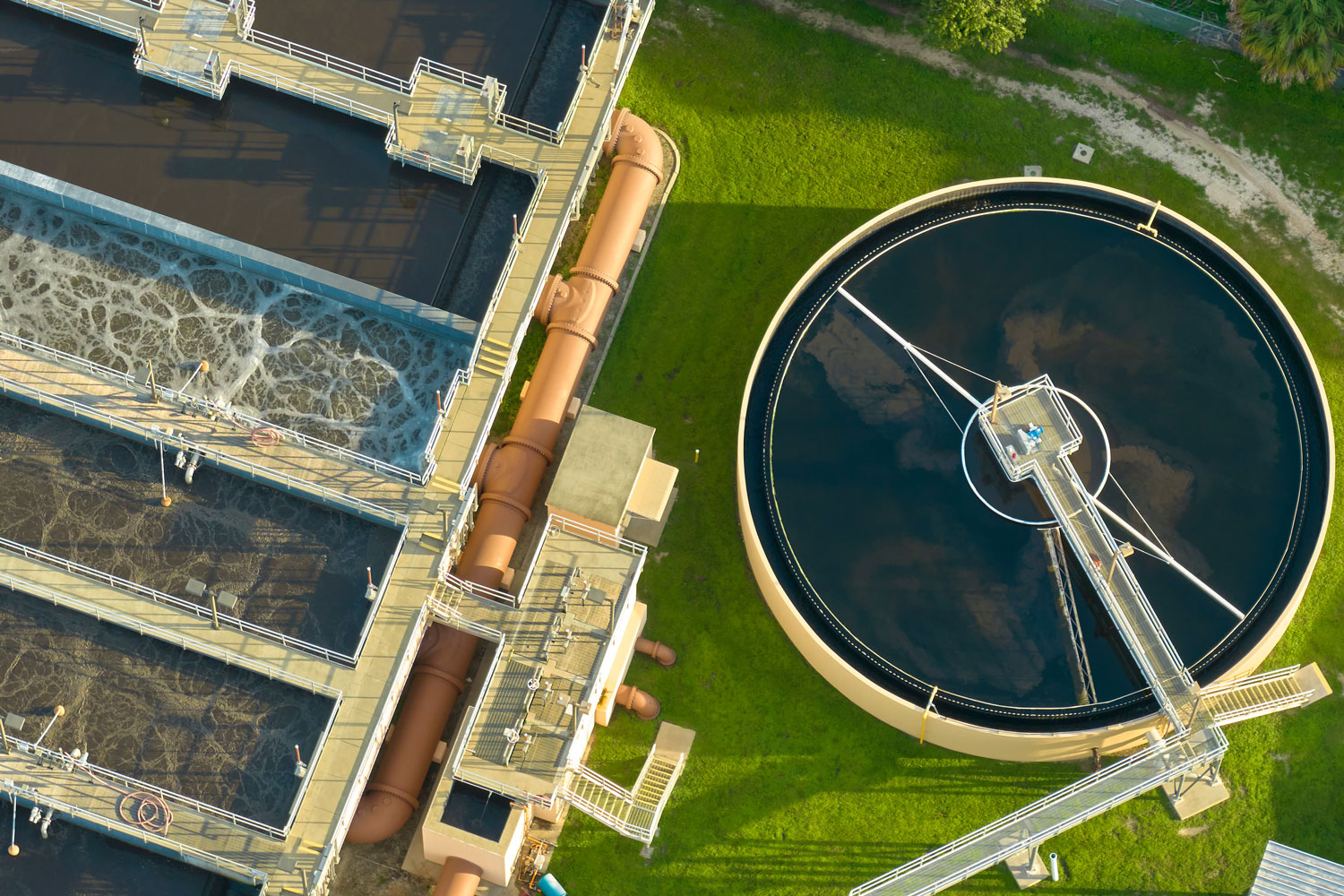
The natural gas and oil sector has long been at the forefront of innovative production methods. Consider, for example, how combining horizontal drilling and hydraulic fracturing techniques made the United States the world’s top natural gas and oil producer. Freshwater recycling and reuse efforts not only preserve water, but also decrease vehicle use, benefiting the […]
Water Reuse: A Historical Practice Paving the Way for a Sustainable Future
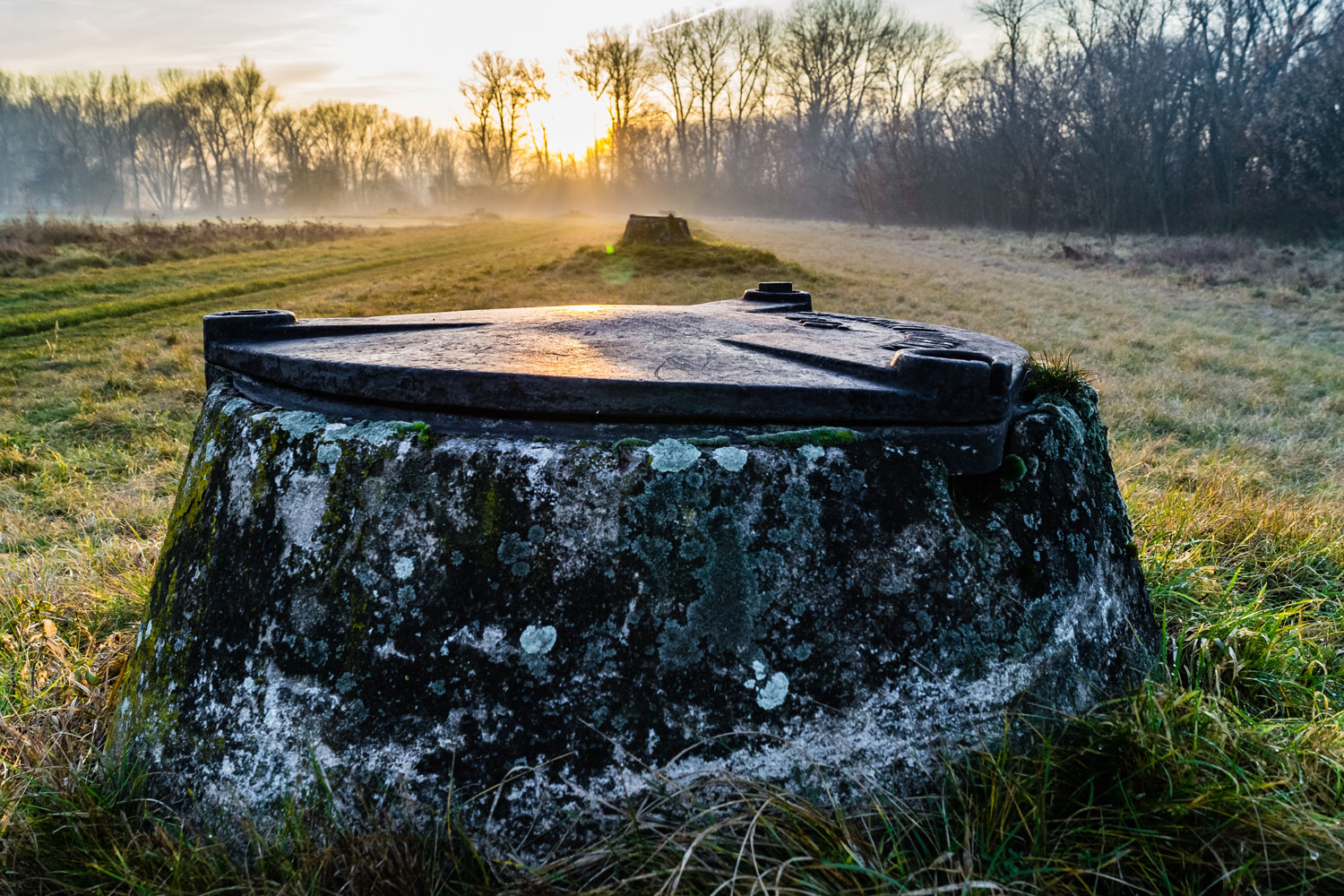
Many cultures, since the early Bronze Age, have found ways to use or dispose of domestic wastewater for purposes such as irrigation and fish farming – China, Egypt, and Mesopotamia, are just some examples. During historical times (ca. 1000 BC−330 AD), both Greek and later Roman empires utilized wastewater in this way surrounding larger cities […]
How Your Daily Actions Can Improve the Water Quality of Your Community
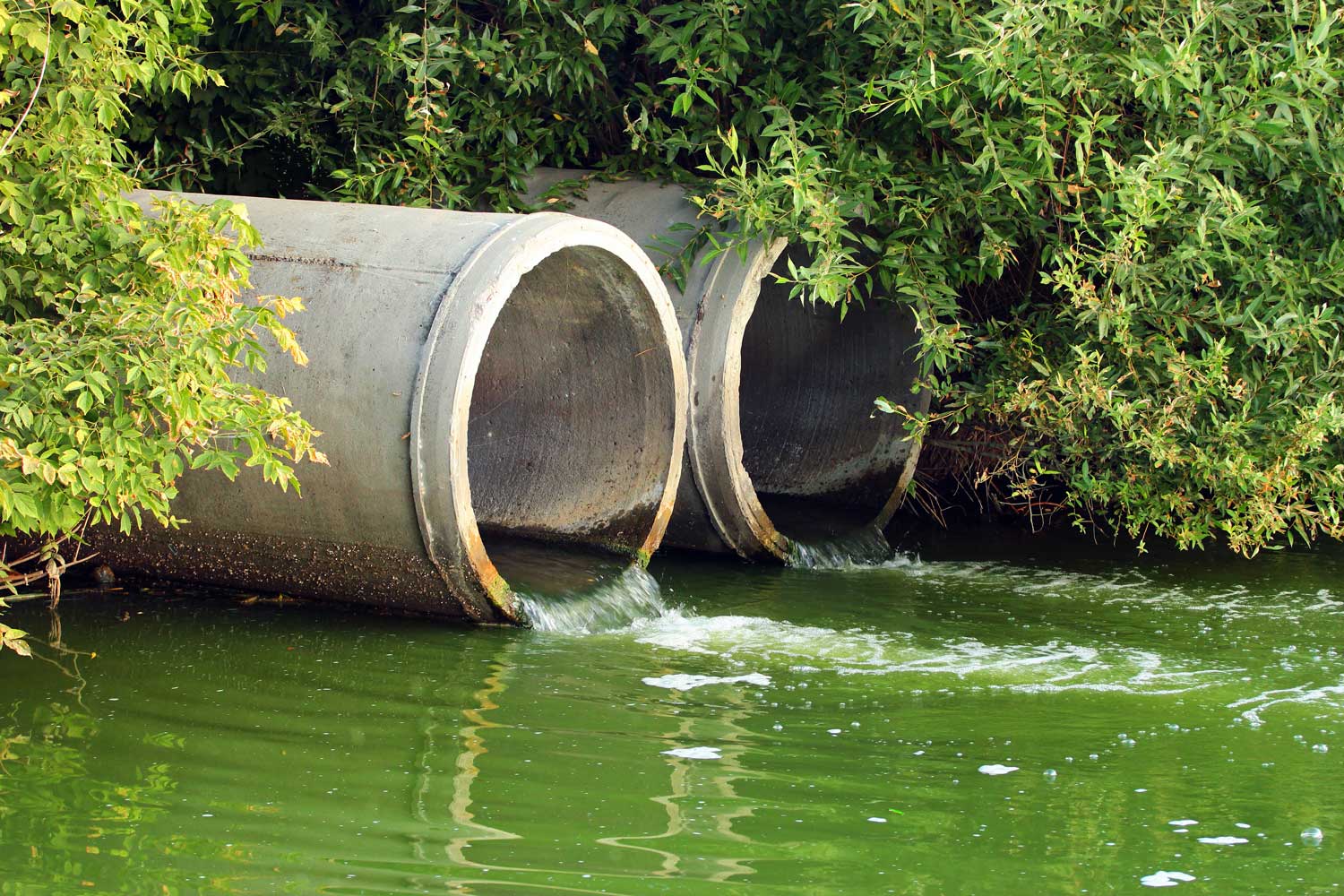
Simple changes in our daily routine can have a huge impact on water quality. For example, not mowing near streams and ponds or using fewer pesticides and fertilizer protects local water sources. Mowing grass and shrubs around waterways removes their barrier against erosion and pollutants, while the chemicals from pesticides and fertilizers can run off […]
The EPA: Making the Difference in Water Conservation
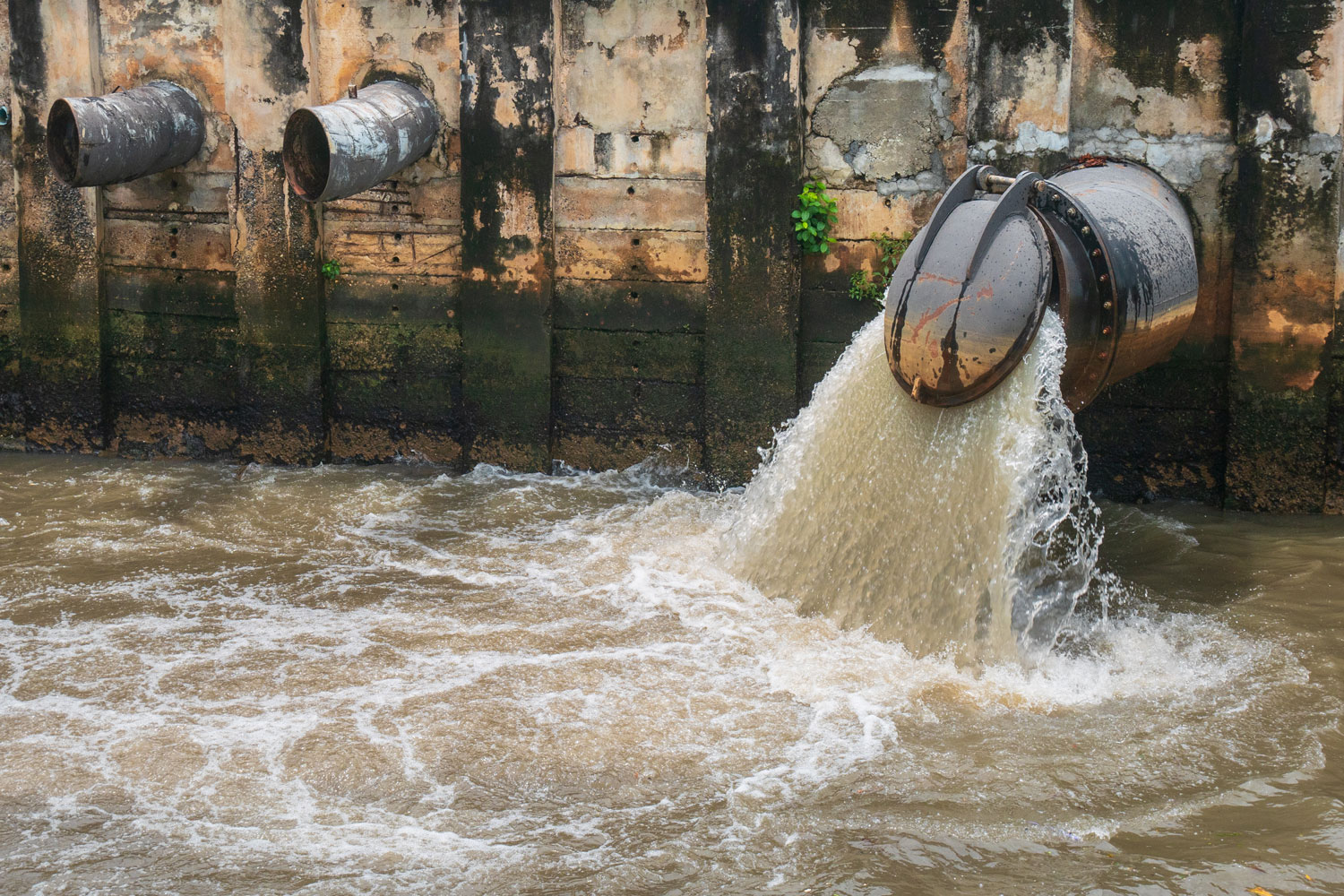
The number of people in the U.S. has doubled over the past half-century, and our water consumption has grown even more. At least 40 states are expected to have shortages by 2024, so it’s essential that we conserve water now. The EPA works hard to use water management best practices at all its buildings across […]
Recycling Water for Sustainability and Resilience
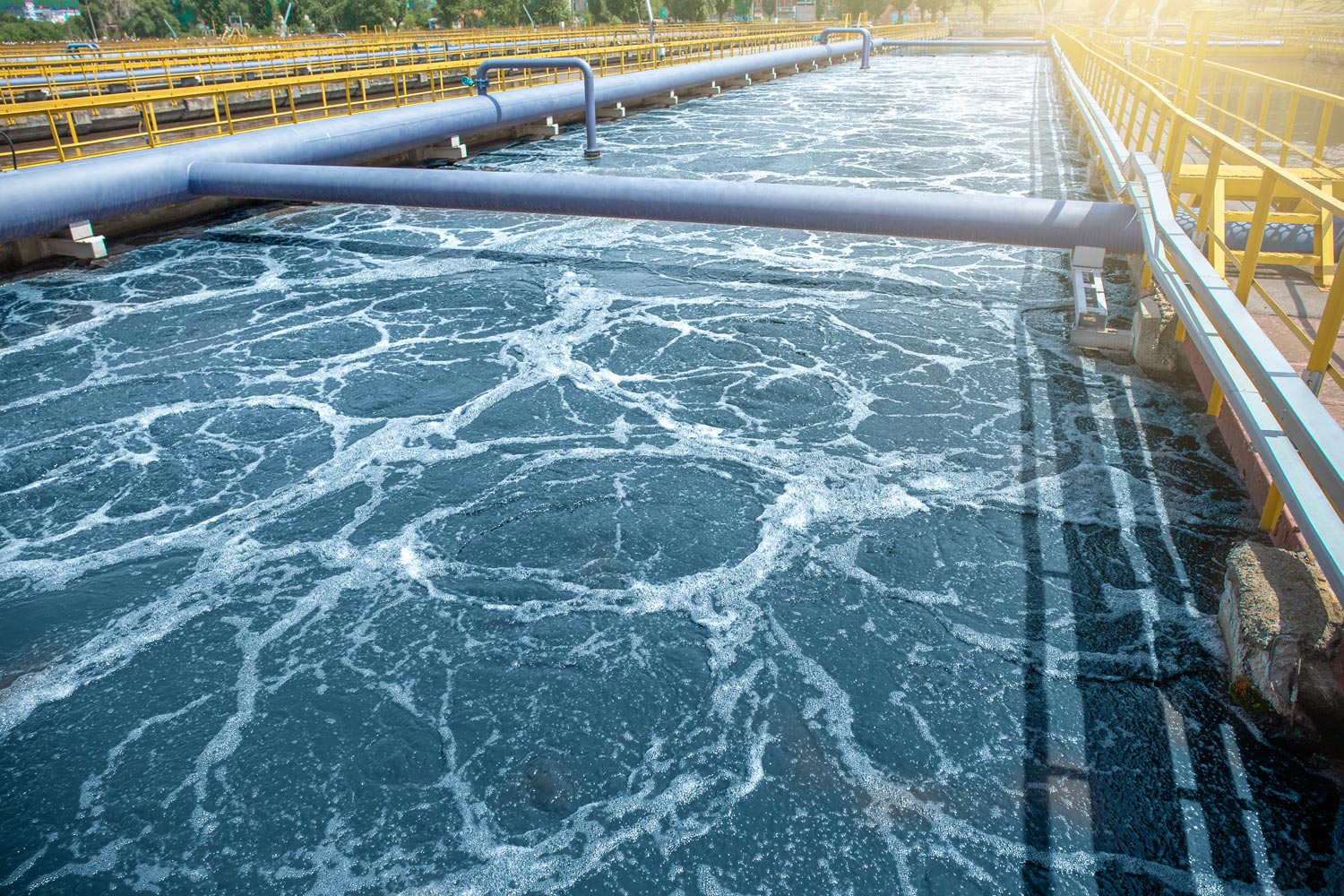
Water reuse, also known as water recycling or water reclamation, is the practice of reclaiming and treating wastewater from a variety of sources before reusing it for beneficial purposes such as agriculture and irrigation, potable water supplies, groundwater replenishment, industrial processes, and environmental restoration. Water reuse can help to reduce reliance on natural resources while […]
Understanding the Clean Waters Act
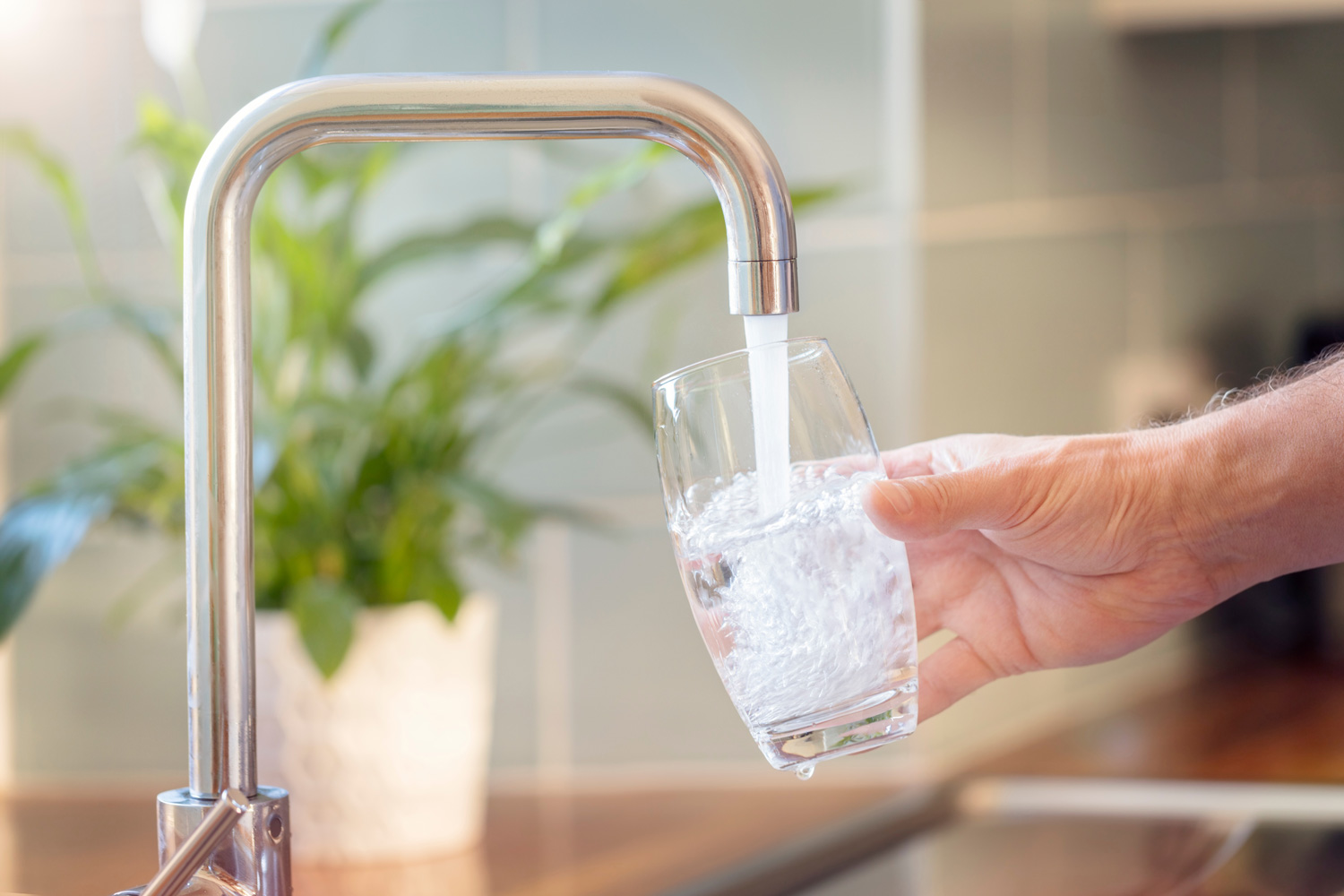
The CWA is the main law regulating surface water quality in the U.S., but it does not cover groundwater or water quantity concerns. Some states have created their own standards for these things. The statute uses different regulatory and non-regulatory methods to reduce direct pollutant discharges into waterways greatly, set ambient water quality standards, finance […]
